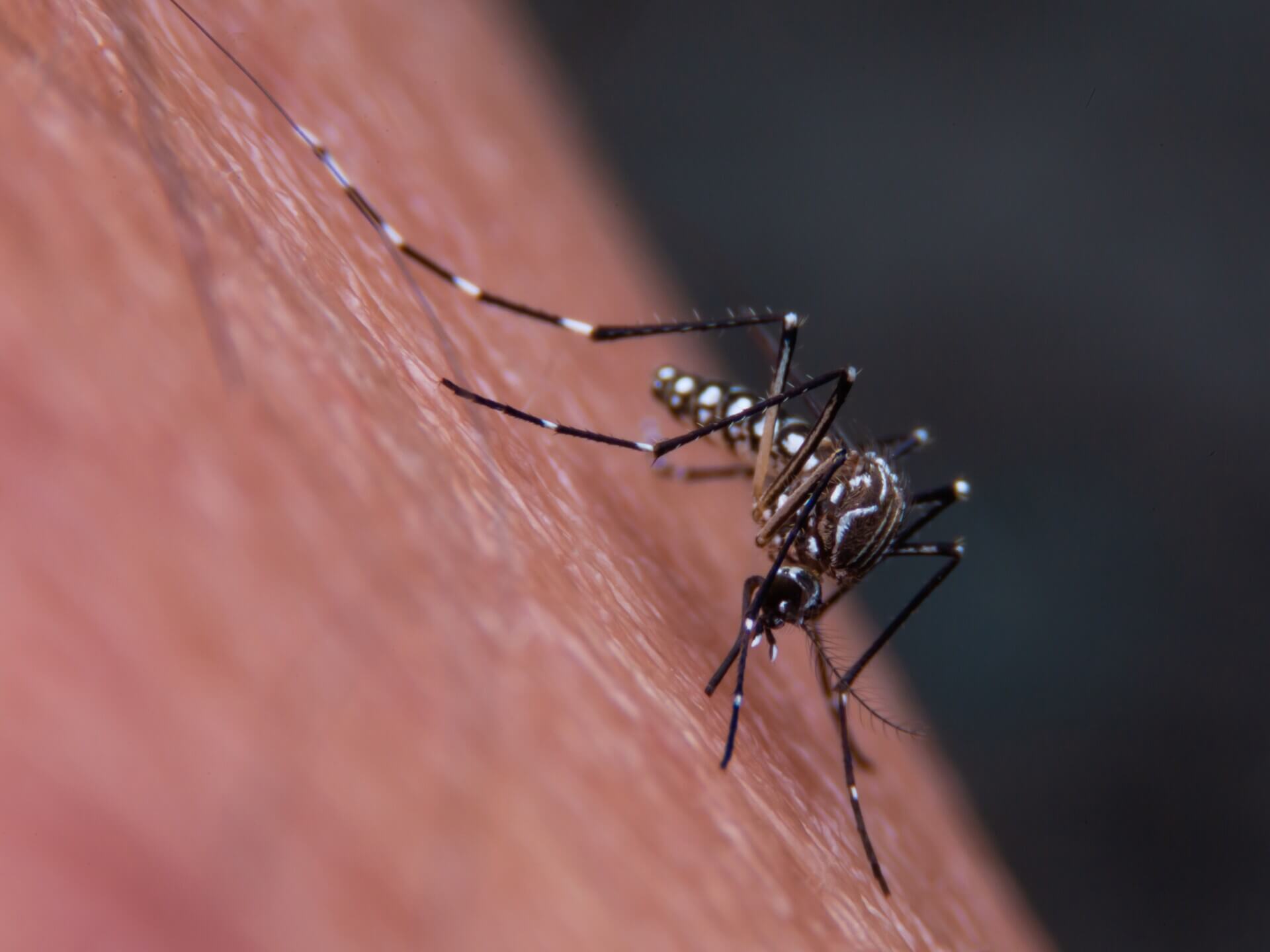Japanese encephalitis virus has been detected in the NT, sparking a warning from NT Health for Territorians to take precautions against mosquito bites.
NT Health said the first fatal case of Japanese encephalitis (JE) in a person occurred early last year on the Tiwi Islands but had not been detected until it was recently found in a “small number” of pigs in the West Daly region.
The virus has also been confirmed in people in NSW, Queensland, SA and Vicotria, as well at piggeries.
NT Health said the disease is spread by mosquitos and can infect humans and animals.
“JE cannot be transmitted from human to human, or by eating meat from an infected animal,” said Nina Kurucz, director of the medical entomology unit.
“JE infection in humans is most commonly asymptomatic but, on rare occasions, it can result in severe disease and even death. Symptoms can include fever, headache, neck stiffness, vomiting, confusion, seizures and paralysis.
“People who believe they may be infected with the JE virus should seek urgent medical assistance.”
Surveillance for JE has increased in the NT after last year’s first case, but NT Health said all mosquito samples tested so far have been negative for JE.
However, pig owners are being asked to remain vigilant for sings of the disease and voluntary testing is being done on domestic pigs registered through the property identification code system by the Department of Industry, Tourism and Trade.
“Pig owners are asked to be highly vigilant for signs of this disease and report unexplained pig miscarriages or stillbirths or neurological signs in young piglets. Horse owners are also asked to report any cases of neurological signs to their local vet for investigation, and hunters should be on alert for signs of JE in feral pigs,” said NT chief veterinary officer Sue Fitzpatrick said.
“DITT is working with landholders who have had JE detected in feral pigs on their property.”
NT Health said:
While there is no specific treatment for JE, a vaccine is available. It is important to take steps to avoid mosquito bites, such as:
- Wear protective light-coloured clothing with long sleeves, long trousers and socks in areas where mosquito bites are likely;
- Avoid outdoor exposure near wetlands and flooded areas, especially after sundown;
- Use a protective repellent containing DEET, picaridin or oil of lemon eucalypt (PMD) and other mosquito protection devices;
- Ensure infants and children are adequately protected against mosquito bites;
- Consider insecticide barrier treatments by pest control companies for use around residential grounds;
- Ensure windows and doors have screens to prevent mosquitoes from entering houses.
More information about JE and the current outbreak is available on the Australian Government Department of Health website.






0 Comments